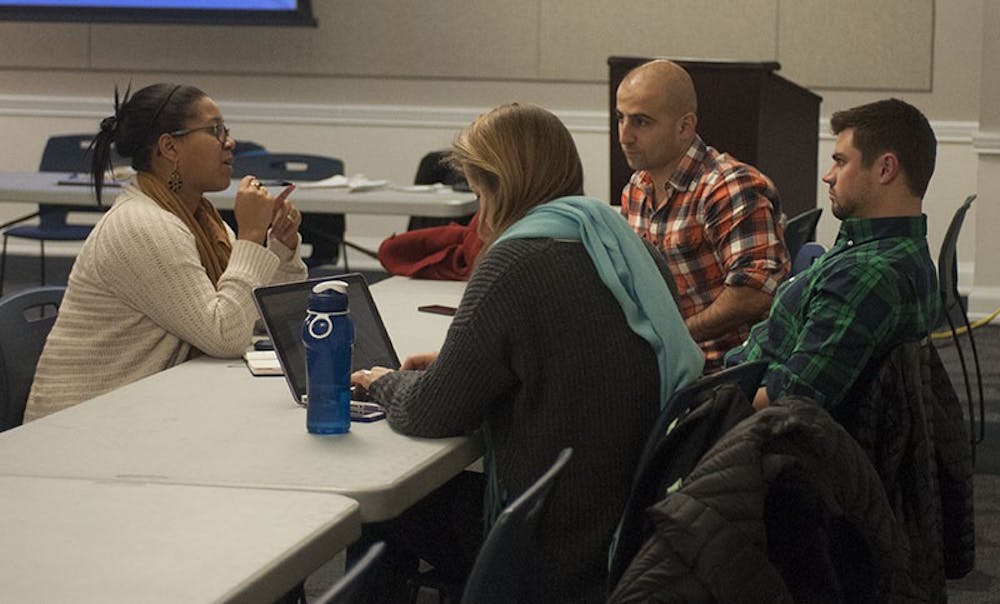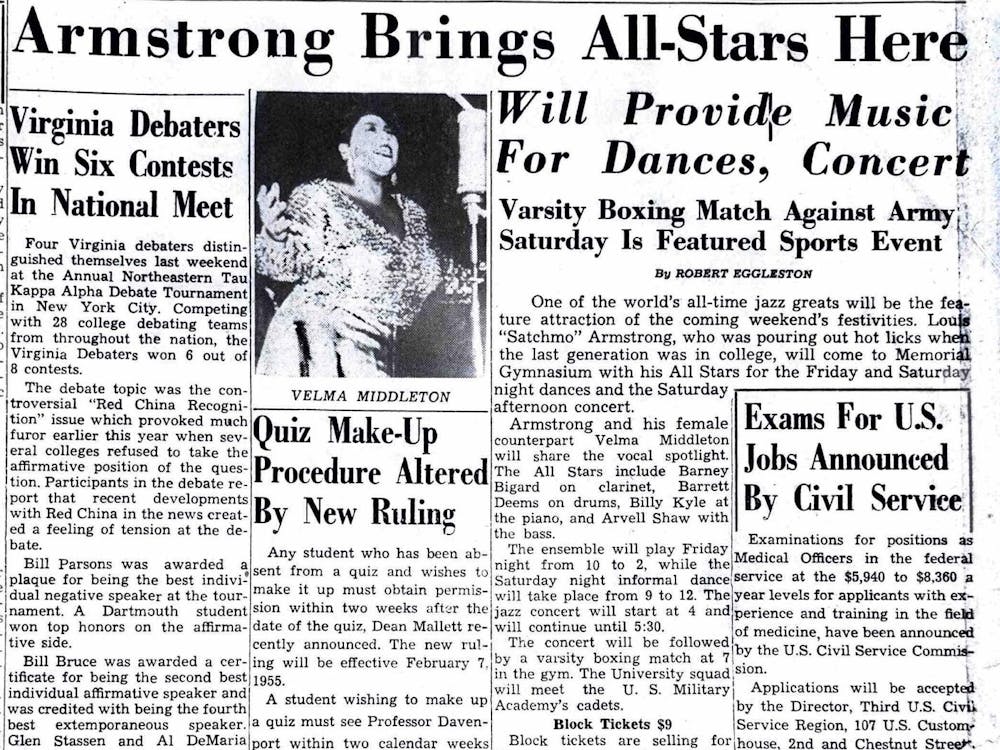First-year College student Abraham Axler, chair of Student Council’s representative body, recently released what he termed a “Representative Manifesto” in an attempt to solve some of the productivity and communication problems he says have plagued Student Council in the past. The manifesto is the result of a two-week collaborative effort between Axler, other representatives and the student body.
“I think, in some ways, the biggest challenge is convincing people who have a position is that they can do something with it,” Axler said. “We need to instill in them a sense of duty and service to their constituents.”
The manifesto also addressed a lack of participation from the student body. The majority of representatives are appointed, rather than elected, and the non-competitive nature of recent elections has resulted in a lack of energy and interest among students, Axler said.
“This is not a moment to relish in the privilege, in the ease of being seated through appointment,” the manifesto reads. “This is an opportunity to demonstrate to your constituents that you are an able and deserving representative. In recent years, our representative body has been plagued by a profound sense of boredom and dissatisfaction. Such a condition is unacceptable, as it undermines the entire purpose of the representative body: advocacy and action.”
To help remedy these problems, Axler has proposed a set of solutions which together encourage participation from both the student body and current representatives.
The manifesto introduces three solutions: taking advantage of the website “SpeakUpUVa,” personally reaching out to students around Grounds and using a productivity technique called “Objective: Key Results.”
SpeakUpUVa was started a few years ago as a public forum which allows students to voice opinions and vote for issues they find important, serving as a platform for Council representatives to garner students’ perspectives and feedback.
“A distinct advantage of SpeakUp is that it quantifies student concern,” Axler said.
The OKR, meanwhile, is a concept completely new to Council. The technique — popularized by companies like Google and Intel — would force representatives to come up with challenging objectives. Results are evaluated on a scale from 0-1. Representatives’ scores will offer students a chance to see how effective their representatives have been at accomplishing tasks.
“The OKRs would be a totally new thing,” Axler said. “That sense of internal accountability would help because it’s such [a] large organization, it’s hard to measure and keep track of everyone’s accomplishments. The OKRs would really help us see the progress within the organization, as well as allow the constituents to see the progress their reps are making.”
Fourth-year College student Michael Promisel, the outgoing chair of the representative body, said he has high hopes for the future of Student Council in its new term.
“In my discussion with Abe [Axler] and the rest of the reps, I really encouraged them to capitalize on the strides we made this year,” Promisel said. “We’re certainly not perfect, but we made steps to turn in the right direction and have built a lot momentum. Abe has some great visions and I can’t wait to see them executed.”







